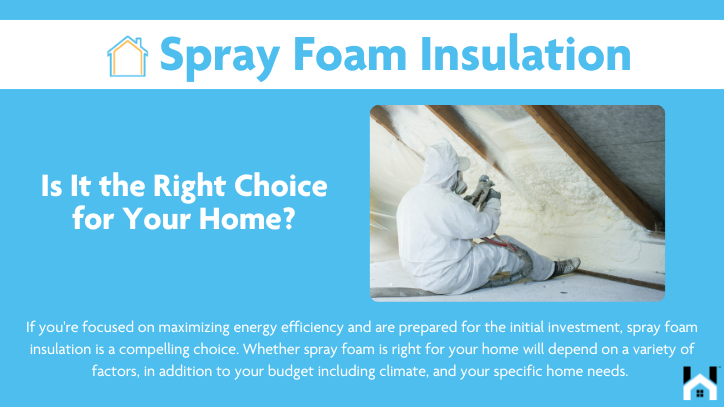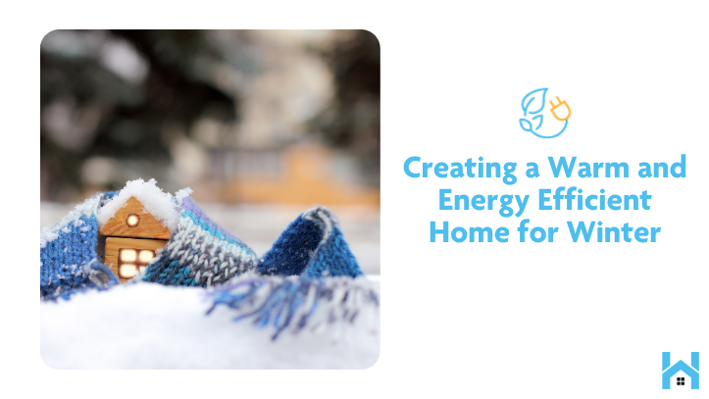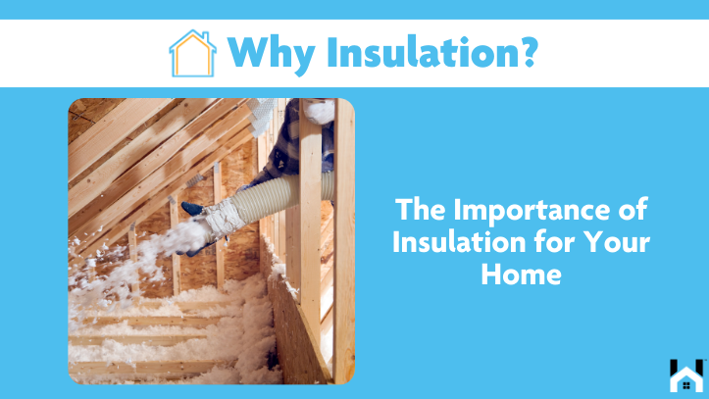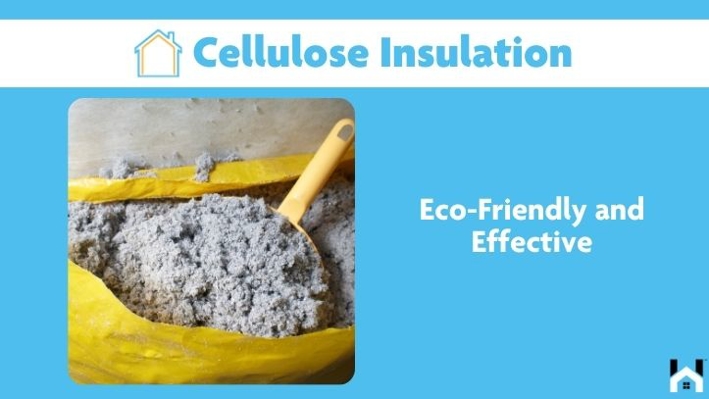
When it comes to home insulation, homeowners are faced with a buffet of choices, each promising to keep your living space cozy and your energy costs down. Among the options, spray foam insulation often stands out for its efficiency and effectiveness. But is it the right choice for your home? Let's explore what spray foam insulation offers, helping you navigate this important decision.
Understanding Spray Foam Insulation
Spray foam insulation is a chemical product that expands and hardens into a solid foam. It comes in two varieties: open-cell and closed-cell. Open-cell foam is softer and more flexible, ideal for soundproofing and insulating interior walls. Closed-cell foam, denser and more rigid, is suitable for exterior walls, offering an extra layer of moisture protection.
The Benefits of Choosing Spray Foam
Energy Efficiency: One of the most significant advantages of spray foam is its superior energy efficiency. By creating an airtight seal, it minimizes air leakage, keeping warm air in during the winter and out during the summer. This can lead to substantial savings on your heating and cooling bills.
Moisture Barrier: Closed-cell spray foam provides an impressive moisture barrier, which is especially beneficial in damp climates or flood-prone areas. By keeping moisture out, it helps prevent the growth of mold and mildew.
Durability: Spray foam doesn't settle or sag over time, maintaining its insulating properties for the long haul. This means you won't have to worry about replacing or topping up your insulation after a few years.
Versatility: Whether it's the attic, basement, or a quirky nook in your home, spray foam can reach and insulate spaces that traditional materials can't easily cover.
Considerations Before Making the Leap
Upfront Cost: Spray foam insulation typically has a higher initial cost compared to traditional insulation materials. However, the investment can pay off in the long term through energy savings.
Professional Installation: This is not a DIY project. Professional installation is necessary, and it's crucial to choose a reputable contractor who can ensure the foam is applied safely and effectively.
Health and Safety: During installation, the chemicals in spray foam can release gases that shouldn't be inhaled. Ensure your contractor follows proper safety protocols, including vacating the home during and immediately after installation.
Is Spray Foam Insulation the Right Fit for Your Home?
Spray foam insulation could be an excellent fit if you're constructing a new home or planning significant renovations. Its ability to insulate and air-seal in one step is a boon for both builders and homeowners seeking efficiency. For existing homes, especially those with insulation that needs an upgrade, spray foam can often be injected into wall cavities without extensive demolition.
If you're focused on maximizing energy efficiency and are prepared for the initial investment, spray foam insulation is a compelling choice. It's particularly suitable for homes in climates with significant temperature swings, and for homeowners who prioritize long-term savings over short-term costs.
Making the Decision
In the end, whether spray foam is right for your home will depend on a variety of factors, including your budget, climate, and specific home needs. Consider having an energy audit performed to pinpoint your home’s specific insulation needs and determine the most cost-effective approach. Consult with insulation professionals who can provide insight into the best type of insulation for different areas of your home.




